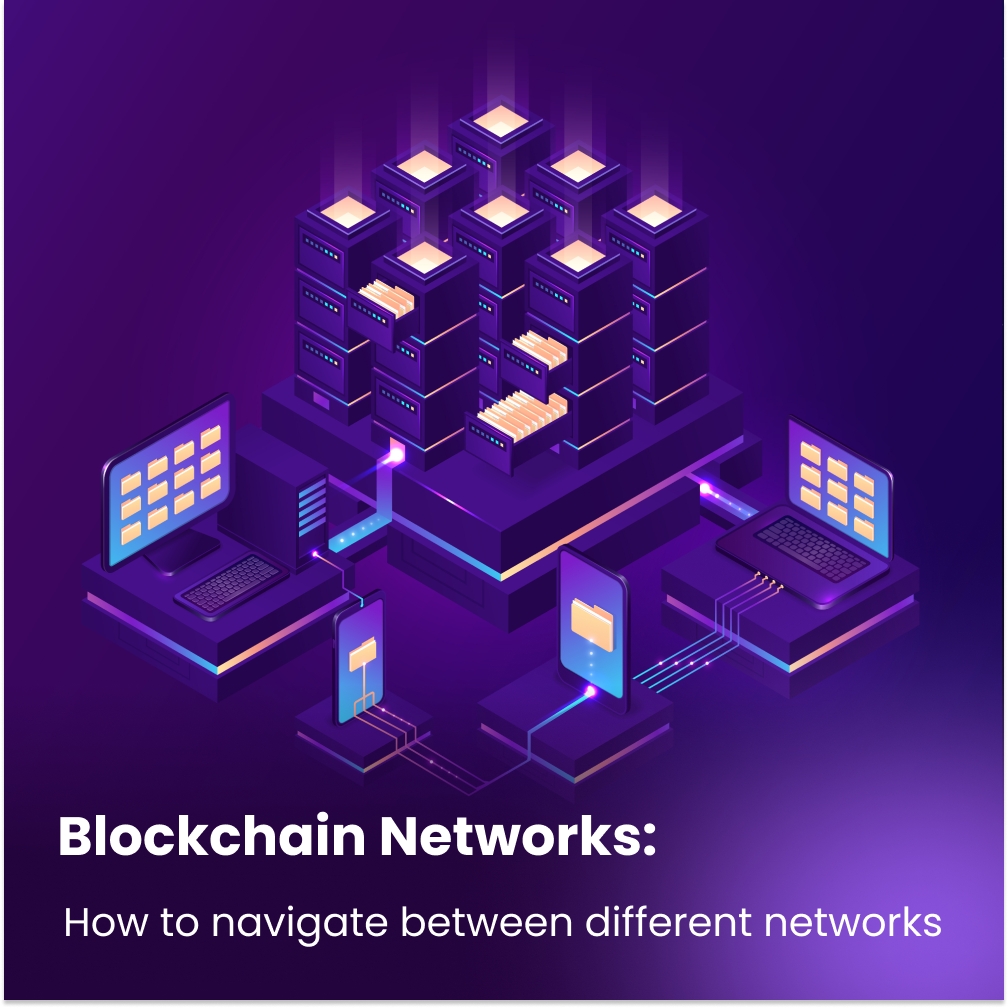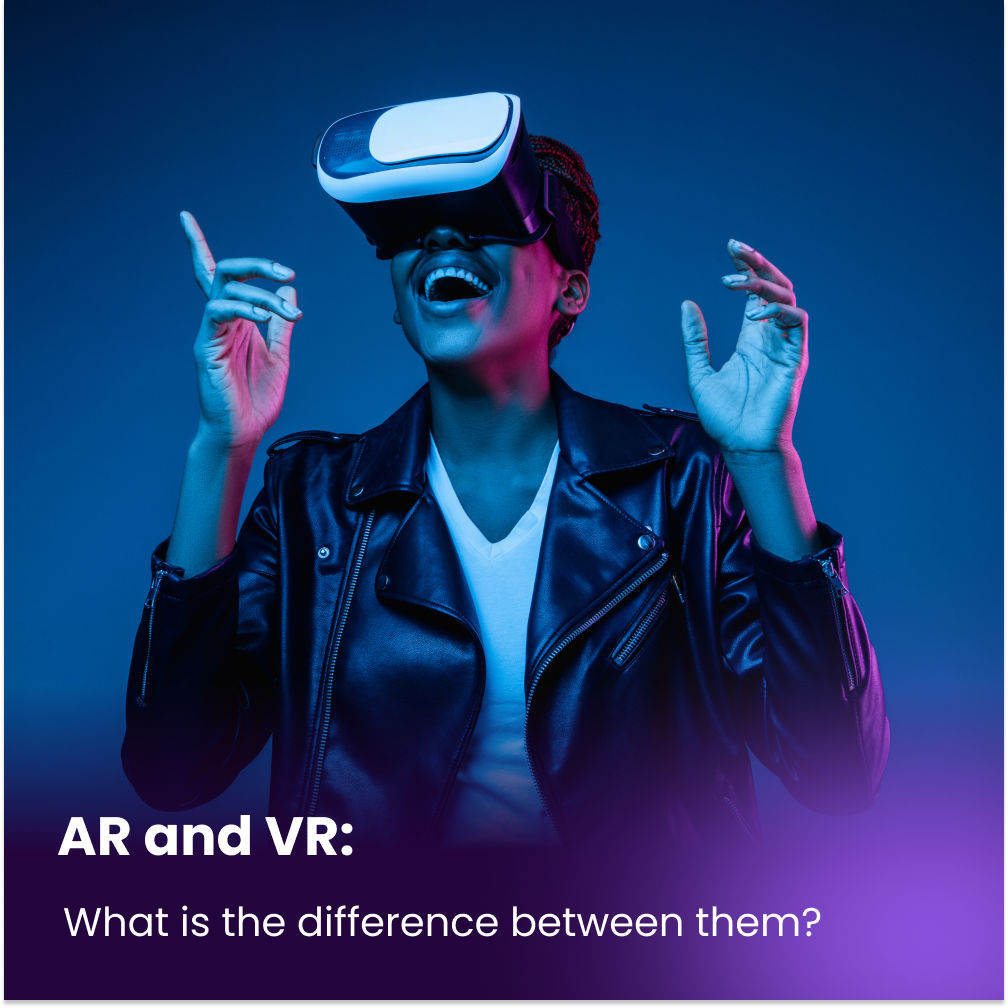
Estimated reading time: 6 minutes
In recent years, blockchain technology has gained widespread attention for its potential to revolutionize industries ranging from finance to healthcare. One of the key innovations that have emerged on blockchain platforms is smart contracts. Smart contracts are self-executing programs that run on top of blockchain networks and are designed to automate the execution of contractual agreements between parties.
These contracts can be used to facilitate a wide range of transactions, from simple peer-to-peer payments to complex supply chain management processes. In this article, we will explore what smart contracts on blockchain are, how they work, and why they are significant for the future of blockchain technology.
What are Smart Contracts?
Similar to conventional contracts, smart contracts describe the conditions of an agreement or arrangement. The distinguishing factor that renders smart contracts “smart” is their reliance on code executed on a blockchain, as opposed to being documented on paper placed on a lawyer’s desk.
So, we can say a smart contract is a self-executing program that can automate actions outlined in an agreement or contract. Once executed, the resulting transactions can be traced and are irreversible.
Smart contracts build upon the fundamental concept behind Bitcoin, enabling the transfer and receipt of funds without the need for a trusted intermediary such as a bank. This advancement allows for the secure automation and decentralization of a wide range of deals or transactions, regardless of their complexity.
Additionally, due to their operation on a blockchain like Ethereum, smart contracts provide security, dependability, and unrestricted accessibility.
How do Smart Contracts on Blockchain Work?

A computer scientist and lawyer named Nick Szabo first proposed smart contracts during the 1990s, comparing them to a vending machine.
The machine, for instance, vends cans of soda at a quarter; if one inputs a dollar and selects a drink, the machine is programmed to dispense the beverage and return 75 cents in change. If the selected beverage is not available, the machine will prompt the buyer to pick up another or refund the money.
This simple example demonstrates how a smart contract works without human intervention, just like a soda machine can automate sales.
While Ethereum is presently the most popular platform for smart contracts on blockchain, many other blockchain-based cryptocurrencies such as EOS, Neo, Tezos, Tron, and Algorand can support them.
Anyone can create and deploy a smart contract to the blockchain, with their code being transparent and open to public verification. Hence, any interested party can observe the precise logic that the smart contract follows when it receives digital assets.
Uses of Smart Contracts
Smart contracts have a wide range of applications owing to their capacity to execute agreements.
Among the various purposes, ensuring transactions between two parties is one of the most straightforward examples.
Smart contracts can be useful in various sectors such as real estate transactions, lending, stock and commodity trading, healthcare, corporate governance, supply chain, dispute resolution, and more.
Here is an explanation of the uses and potential benefits of smart contracts on blockchain:
- Financial services: Smart contracts can automate and streamline processes such as payments, loans, and insurance claims, reducing paperwork, minimizing delays, and enhancing transparency. They can make financial services more efficient and cost-effective.
- Supply chain management: Smart contracts can revolutionize supply chain operations by automating and tracking transactions, inventory management, and logistics. They enhance transparency, traceability, and efficiency.
- Real estate: Smart contracts on blockchain can facilitate property transactions, including buying, selling, and renting. They enable secure and transparent transfers of ownership, automate payment schedules, and streamline the process of executing property agreements.
- Healthcare: Smart contracts can improve healthcare data management, ensuring privacy, security, and interoperability. They can automate patient consent, insurance claims processing, and medical record management.
- Intellectual property: Smart contracts can help protect intellectual property rights by automatically registering ownership, managing licensing agreements, and enforcing copyright protection. They offer transparency and security in the digital era.
- Decentralized Applications (DApps): Smart contracts are fundamental to the development of decentralized applications. They enable the creation of decentralized platforms, marketplaces, and autonomous organizations.
Pros and Cons of Smart Contracts

Smart contracts bring numerous advantages and disadvantages to the table. Here is an explanation of the pros and cons of smart contracts:
Pros
- Automation and efficiency: Smart contracts automate the execution of agreements, eliminating the need for intermediaries and reducing human error. This automation streamlines processes, increases efficiency, and reduces costs.
- Transparency and immutability: Smart contracts operate on a blockchain, providing transparent and immutable records of all transactions. This transparency enhances trust among parties and reduces the risk of fraud or manipulation.
- Security: Smart contracts use cryptographic techniques, making them highly secure. The decentralized nature of blockchains adds an extra layer of protection against hacks and unauthorized modifications.
- Cost reduction: By eliminating intermediaries, smart contracts reduce costs associated with traditional contract enforcement, such as legal fees, administrative overheads, and dispute resolution expenses.
Cons
- Code vulnerabilities: Smart contracts on blockchain are implemented as code, making them susceptible to bugs, vulnerabilities, and programming errors. Exploiting these vulnerabilities can lead to financial losses and security breaches.
- Irreversibility: Once a smart contract is deployed on the blockchain, it becomes extremely difficult to modify or revoke. In cases of errors or changing circumstances, rectifying the contract may require complex procedures or consensus among involved parties.
- Lack of legal framework: Traditional legal systems have yet to catch up with smart contracts. The enforceability and legality of smart contracts may vary across jurisdictions, posing potential legal challenges and uncertainties.
- Dependency on technology: Smart contracts on blockchain rely on the availability and proper functioning of the underlying technology, including the blockchain network. Technical glitches, network congestion, or cyber-attacks can disrupt smart contract operations.
Smart Contracts in Spatial Computing: A New Level of Automation
The potential applications of smart contracts extend far beyond. In spatial computing, smart contracts can play a transformative role in automating interactions and agreements within immersive environments.
Here’s how smart contracts could be leveraged in spatial computing:
- Automated Object Interactions: Imagine virtual furniture in a spatial computing environment. Smart contracts could govern how these objects interact with users. For example, a smart contract could ensure a virtual chair only allows authorized users to sit in it.
- Dynamic Spatial Agreements: Smart contracts could facilitate dynamic agreements within spatial environments. Imagine negotiating rent for a virtual workspace in a shared co-working space. A smart contract could automate rent payments based on the time spent in the space.
- Permissioned Access Control: Spatial computing environments often involve accessing and interacting with virtual objects or locations. Smart contracts could manage access control, ensuring only authorized users can interact with specific elements within the environment.
- Secure and Transparent Transactions: Transactions within spatial computing environments, like buying virtual goods or services, could be facilitated by smart contracts. This would ensure secure and transparent execution, with all parties involved having access to the terms and history of the agreement.
- Automated Content Management: Smart contracts could manage the creation, ownership, and distribution of digital content within spatial environments. This could be particularly valuable for artists and creators to showcase and sell their work in a secure and verifiable manner.
By integrating smart contracts into spatial computing, we can create more dynamic, secure, and automated interactions within these immersive worlds. This will be crucial for building trust and fostering a vibrant digital economy within the spatial computing landscape.pen_sparktunesharemore_vert









1 Comment
[…] What are smart contracts on blockchain? […]